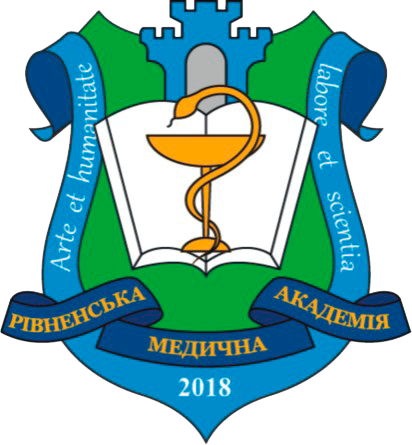CLINICAL THINKING AS A COMPONENT OF COGNITIVE ACTIVITY IN MEDICAL STUDENTS
DOI:
https://doi.org/10.32782/health-2025.1.26Keywords:
сlinical thinking, мedical education, аnalytical thinking, intuitive thinking, critical thinkingAbstract
Successful development of clinical reasoning requires a combination of theoretical knowledge with practical experience, allowing students to apply their knowledge in real clinical scenarios. The development of clinical reasoning involves the ability of a physician to make decisions based on available information to achieve the most favorable outcome.An important aspect is teaching students to recognize and avoid cognitive biases that can lead to inaccurate judgments and diagnostic errors. Clinical reasoning also involves the integration of critical thinking to identify the most appropriate medical interventions aimed at improving the physiological and psychological state of the patient. Systemic development of clinical reasoning contributes to the professional creative activity of the physician, which is the basis for effective diagnosis, prognosis, and treatment strategy selection.In addition, the implementation of simulation technologies and virtual reality in the educational process can significantly improve clinical reasoning skills, allowing students to practice decision-making in a safe and controlled environment. The importance of an interdisciplinary approach in education is emphasized, encouraging students to collaborate and share knowledge with specialists from various medical specialties for a comprehensive understanding of clinical cases. Also, special attention should be paid to developing effective communication skills with patients and their families, which is critical for collecting medical history, building trust, and making joint decisions about treatment. It is also necessary to emphasize the importance of continuous professional development and self-education, as medical science is constantly evolving, and physicians need to be aware of the latest research and clinical guidelines. The introduction of mentorship programs, where experienced physicians share their knowledge and experience with young professionals, also contributes to the development of clinical reasoning and the formation of professional identity. It is also important to integrate the assessment of clinical reasoning into the student certification system to ensure continuous improvement of these skills. This includes the use of standardized clinical exams, analysis of clinical cases, and evaluation of students’ ability to reasonably justify their decisions.





